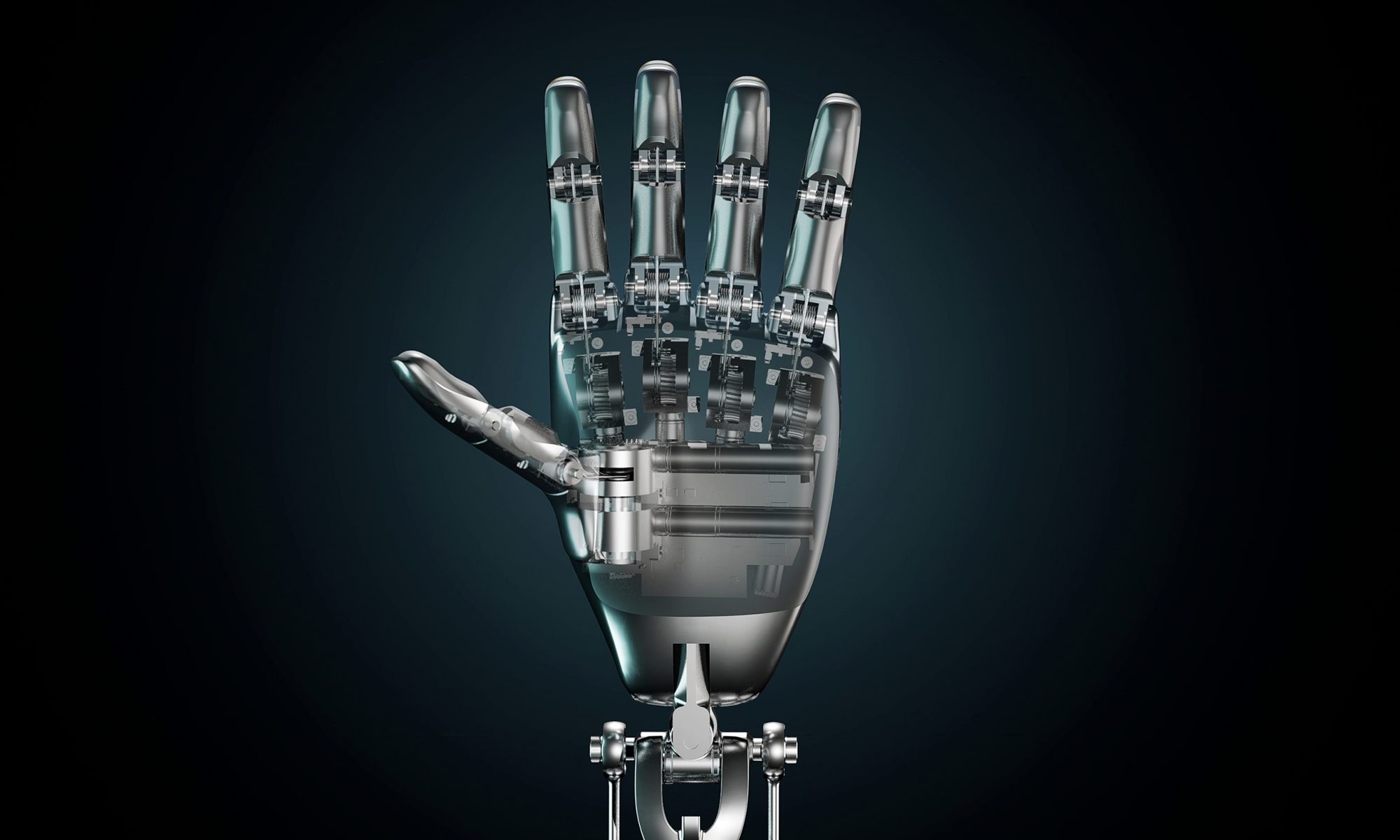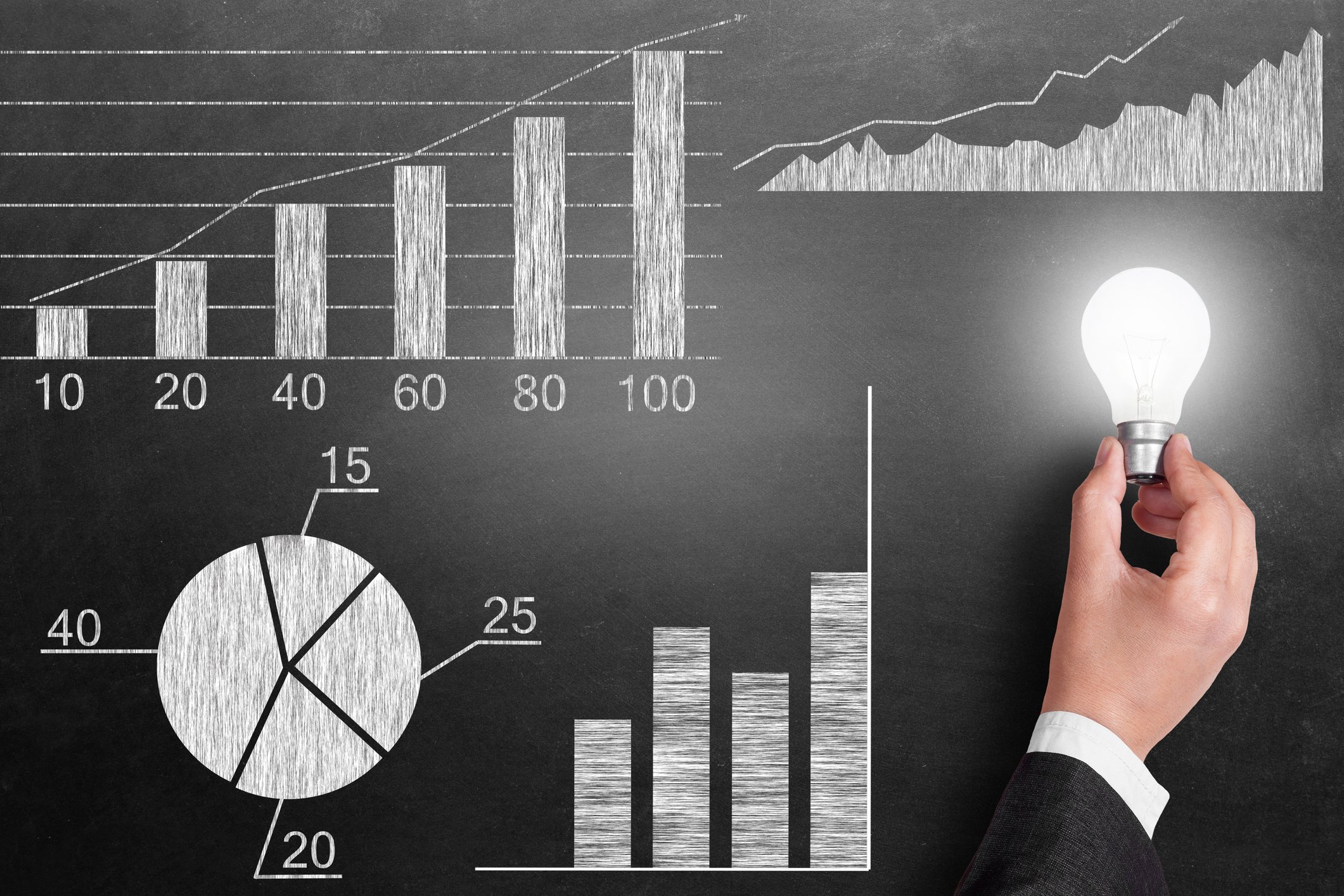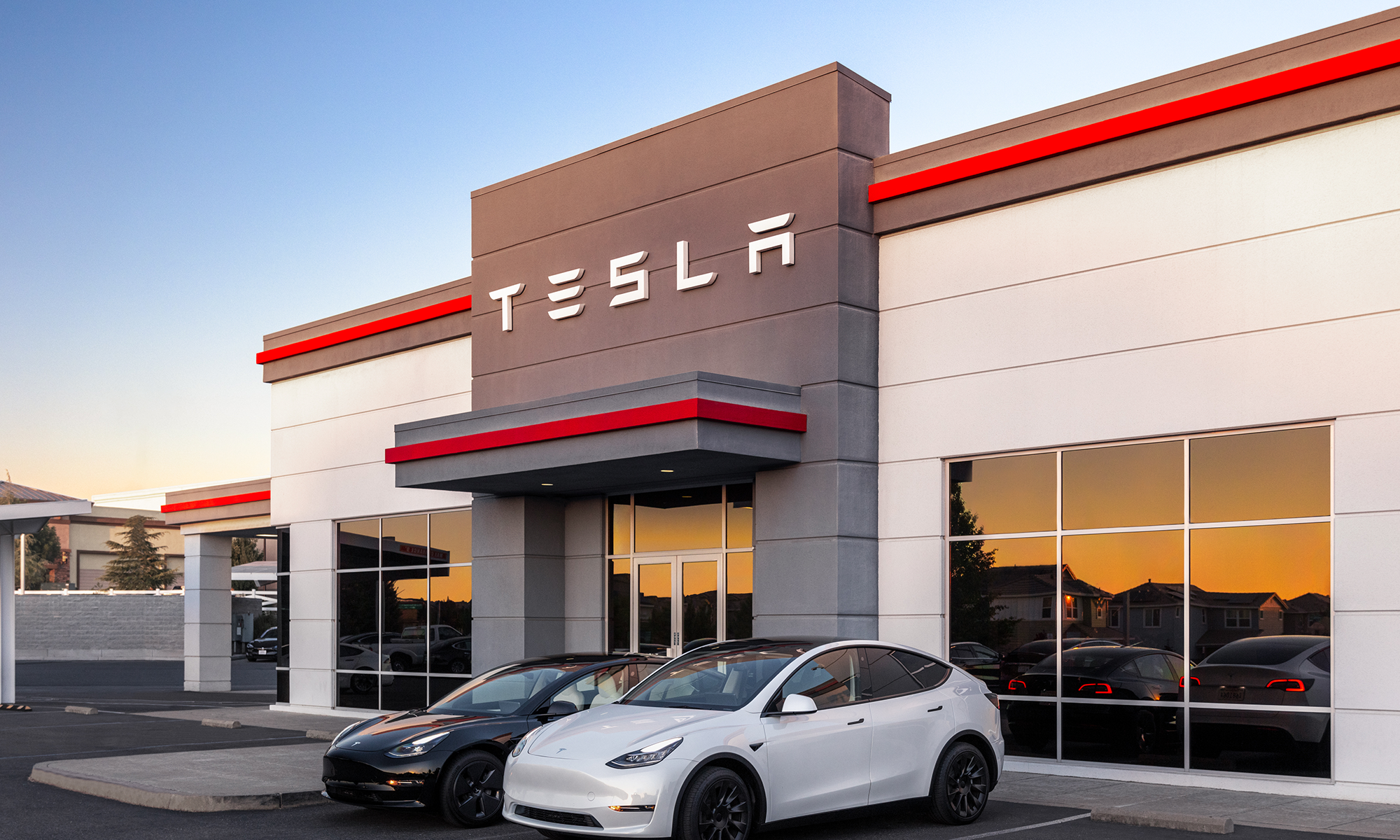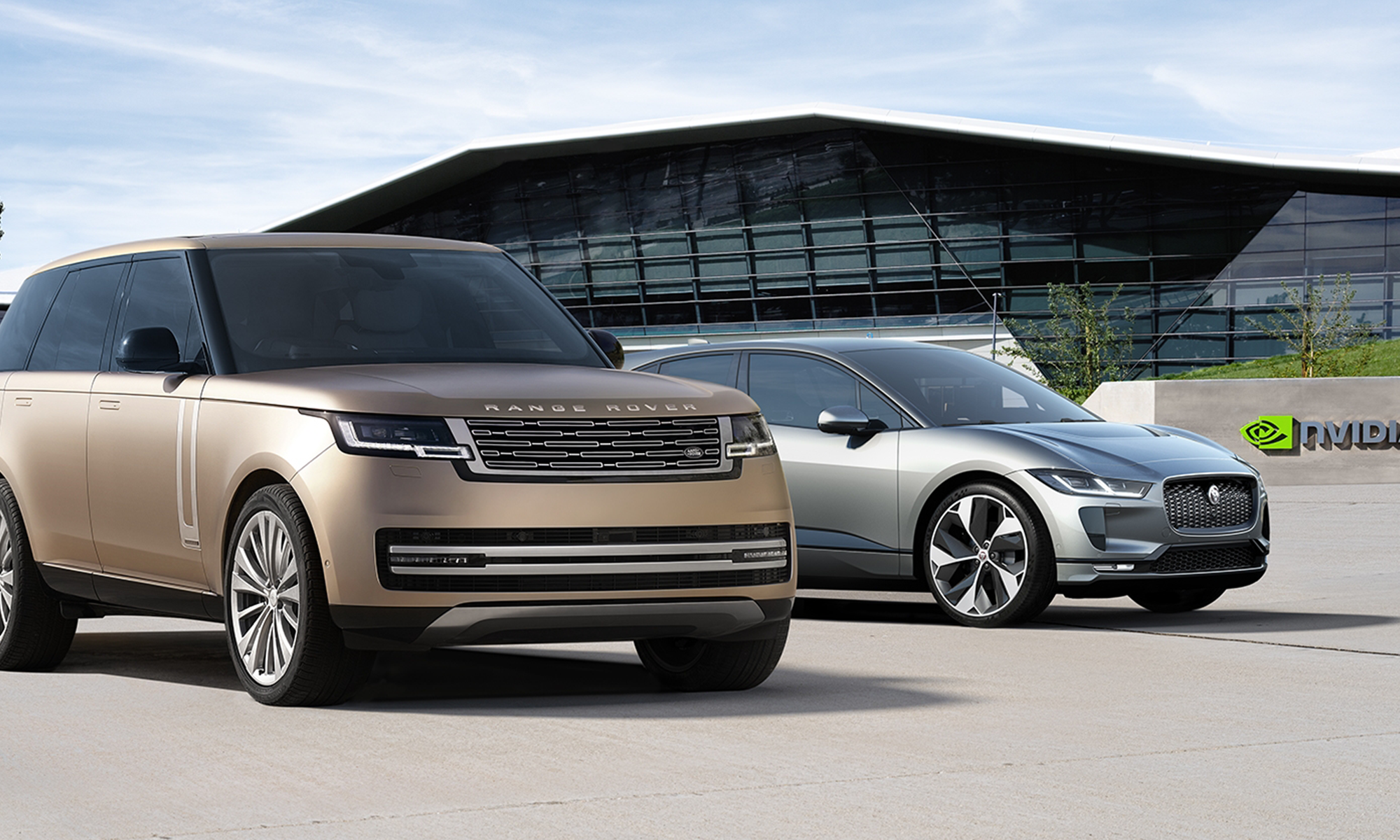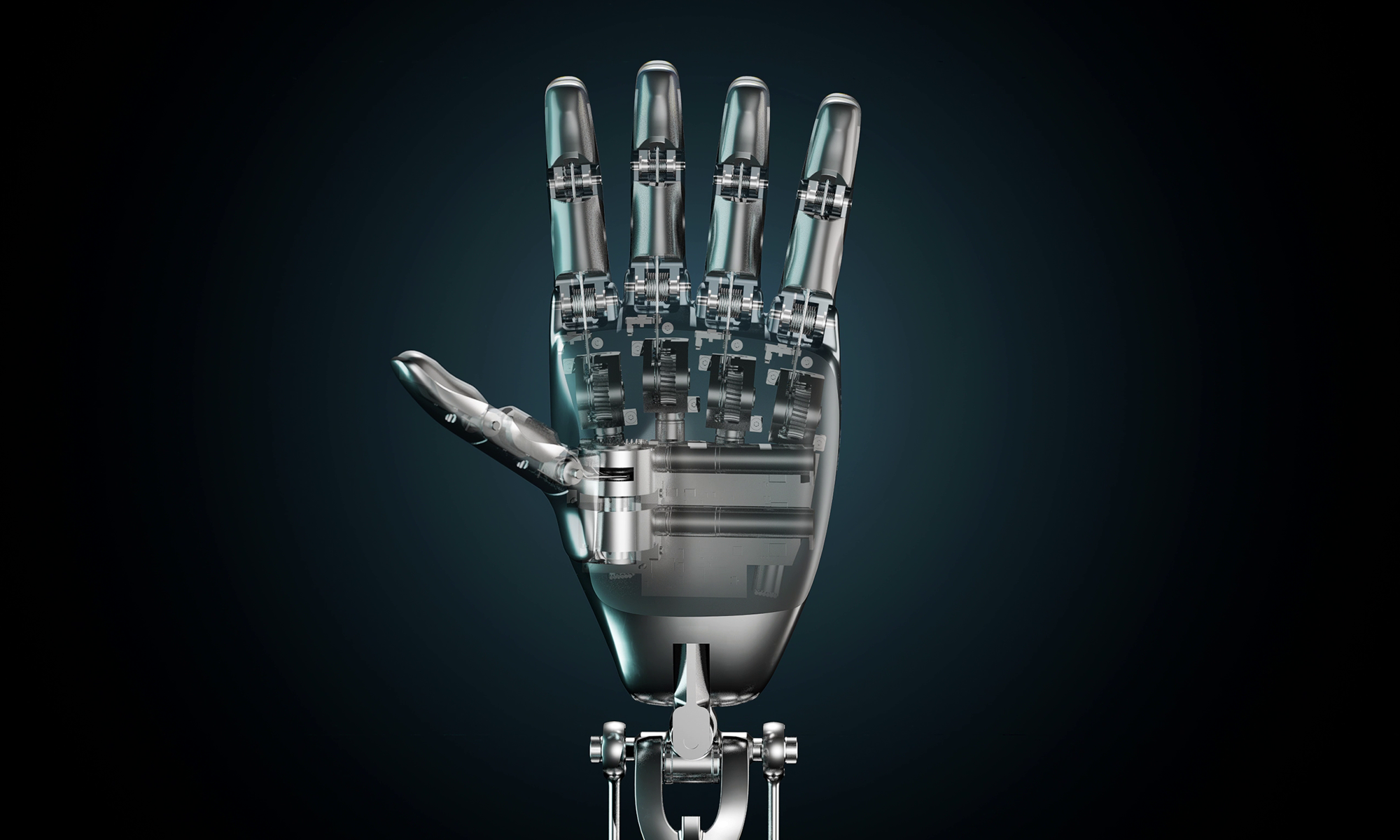Tesla (TSLA 0.04%) shares have tumbled 20% this year, while the S&P 500 (^GSPC +0.03%) has jumped 5%. Poor financial results driven by market share losses are the main source of consternation, but CEO Elon Musk has arguably damaged the brand with his behavior.
Indeed, Musk has managed to upset both political parties. His support for President Donald Trump and work with the Department of Government Efficiency have irritated Democrats, while his criticism of the "One, Big, Beautiful Bill" and the subsequent feud with Trump have tanked his popularity with Republicans.
Unfortunately, the bad news continues to roll in for Tesla. Consensus earnings estimates among Wall Street analysts have been revised sharply lower in the last 90 days due to headwinds surrounding the core automotive business. Here's what investors should know.

Image source: Getty Images.
Tesla is losing market share, and Wall Street is cutting earnings estimates
Tesla's deliveries have declined in three of the last five quarters as demand for its aging lineup of electric cars has nosedived amid high interest rates and political backlash. The decline accelerated in the first quarter of 2025, as Tesla's automotive revenue fell by 20%, and non-GAAP (non-generally accepted accounting principles) net income dropped by 40%.
Management laid the blame in part on factory updates required for the recently introduced Model Y Juniper. However, the production lines have been refreshed, and the company is still losing ground. Through April, U.S. market share dropped by 9 percentage points, European market share by 8 percentage points, and Chinese market share by 3 percentage points.
Those market share losses are particularly discouraging because many automakers have seen robust demand for electric cars this year. In fact, global electric car sales soared 38% through April, according to Morgan Stanley.
Additionally, despite domestic manufacturing capacity, Tesla relies on imported auto parts, which are now subject to a 25% tariff. That headwind, coupled with market share losses, has caused analysts to cut earnings forecasts. Consensus estimates for 2025 and 2026 have dropped by 25% and 16%, respectively, in the last three months, according to LSEG.
Here's the big picture: Wall Street now expects Tesla's adjusted earnings to increase at 14% annually through 2026. That consensus makes the current valuation of 145 times adjusted earnings look absurdly expensive. Those figures indicate a price-to-earnings-to-growth (PEG) ratio of over 10. Multiples above 2 or 3 are generally considered overvalued.

NASDAQ: TSLA
Key Data Points
Autonomous ride-sharing is the silver lining for Tesla shareholders
Tesla recently launched its long-awaited autonomous ride-sharing service, albeit on a very limited scale. Roughly a dozen robotaxis hit the streets in Austin, Texas, on June 22, though rides are currently restricted to invitees. Reuters reported a handful of problematic driving incidents during the debut, but nothing overly worrisome and certainly no accidents.
Tesla has been developing its full self-driving (FSD) platform for over a decade, and its approach differs from that of Alphabet's Waymo, the market leader. Waymos are outfitted with a costly array of cameras, radar, and lidar, and their robotaxis use high-definition maps to navigate. But Teslas are outfitted only with cameras and rely solely on computer vision to navigate, which is more cost-efficient and scalable.
Autonomous ride-sharing promises to be a substantial opportunity for Tesla. RBC analyst Tom Narayan estimates that the company could earn $115 billion in robotaxi revenue in 2040, which he says could equate to about $50 billion in profits. Morgan Stanley analyst Adam Jonas estimates that the company could earn $700 billion in robotaxi revenue in 2040, which he says could equate to about $120 billion in profits.
Either way, Tesla could be much more profitable in the future as its focus shifts from low-margin electric car manufacturing to high-margin robotaxi services. Indeed, Elon Musk says Tesla could eventually be the most valuable company in the world as it monetizes its FSD platform and robotics products. That is undoubtedly a silver lining for shareholders in what has been a disappointing year.

